
Access it here... 🙏https://link.springer.com/article/10.1007/s10584-025-03987-4

Access it here... 🙏https://link.springer.com/article/10.1007/s10584-025-03987-4
We found that climate is now mainstream for UK politicians: they speak openly about climate change.
But...
2/
link.springer.com/article/10.1...

We found that climate is now mainstream for UK politicians: they speak openly about climate change.
But...
2/
link.springer.com/article/10.1...
🚄Cardiff - London - Brussels (Eurostar) - Prague (sleeper) 🚄
Looking forward to presenting my climate leadership research and meeting inspiring colleagues 🙂
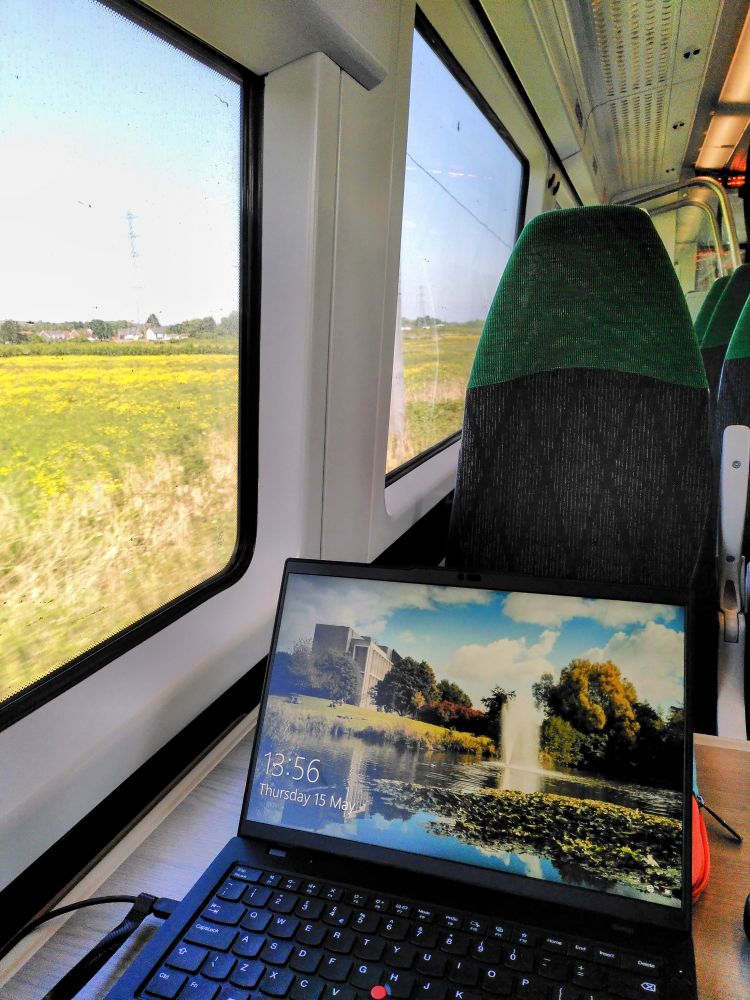
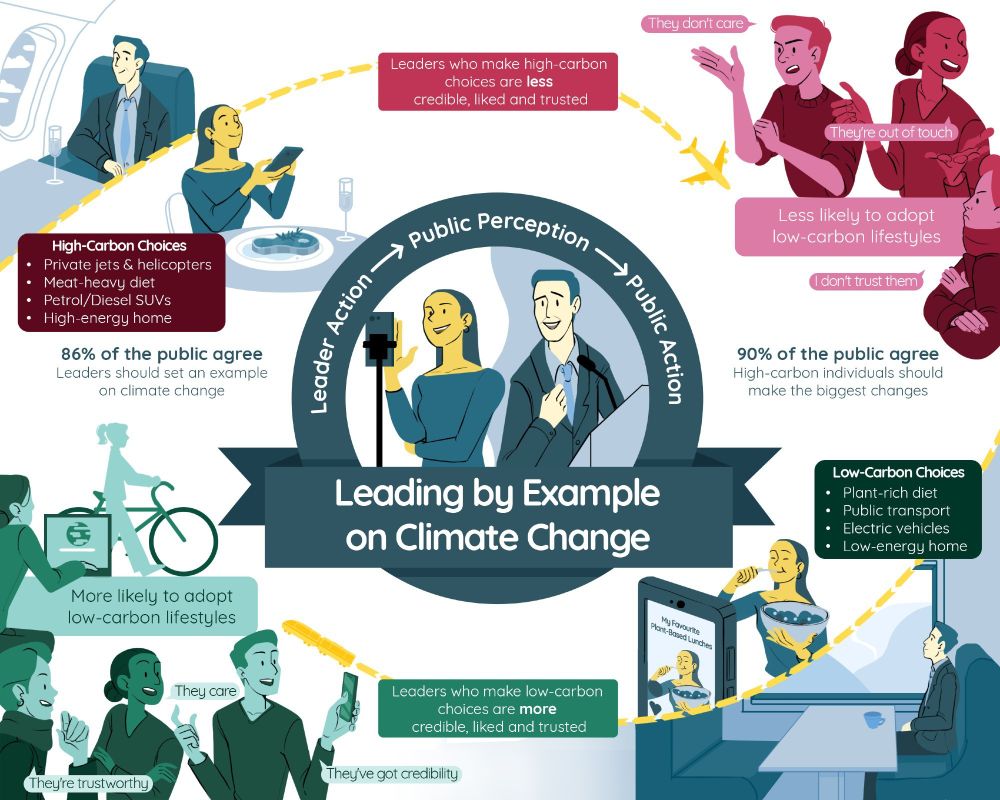
Great infogrgaphic too...
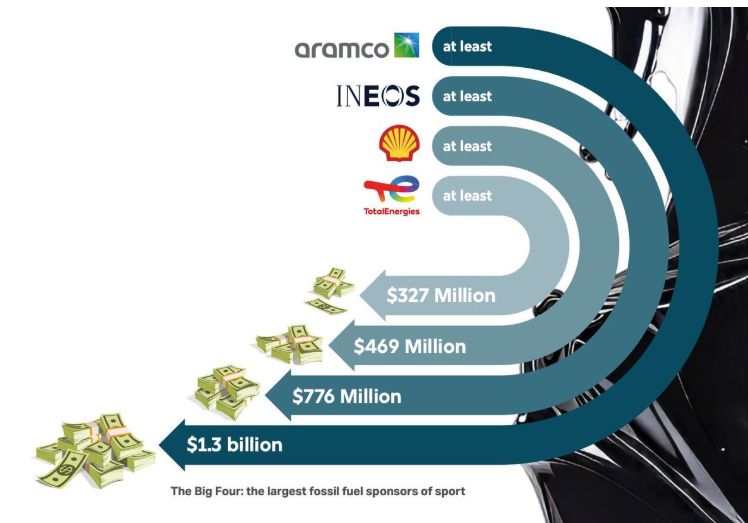
Great infogrgaphic too...
This has been described as "identity entrepreneurship" (Haslam et al, 2020)
Heidi Alexander is detering people from having a pro-environmental identity by perpetuating a negative "eco-warrior" stereotype.
3/

This has been described as "identity entrepreneurship" (Haslam et al, 2020)
Heidi Alexander is detering people from having a pro-environmental identity by perpetuating a negative "eco-warrior" stereotype.
3/
These low-carbon choices are much more likely if people have a pro-environmental identity, and believe others do too.
2/
www.sciencedirect.com/science/arti...

These low-carbon choices are much more likely if people have a pro-environmental identity, and believe others do too.
2/
www.sciencedirect.com/science/arti...
12/

12/
Indeed the CCC may have subsumed the terms "just" and "fair" into the more technocratic language of "distributional impacts" and "co-impacts".
Fairness by the back door perhaps?
11/

Indeed the CCC may have subsumed the terms "just" and "fair" into the more technocratic language of "distributional impacts" and "co-impacts".
Fairness by the back door perhaps?
11/
"progress will be impossible if it is not just. Fairness in the transition to Net Zero is an essential constituent for its success."
8/

"progress will be impossible if it is not just. Fairness in the transition to Net Zero is an essential constituent for its success."
8/
"Just transition" was all over the 6th CB report in 2020 (52 mentions, and a dedicated chapter). But it has all but disappeared in the 7th CB report (just 1 mention).
Similar story for "fairness".
7/

"Just transition" was all over the 6th CB report in 2020 (52 mentions, and a dedicated chapter). But it has all but disappeared in the 7th CB report (just 1 mention).
Similar story for "fairness".
7/
"Achieving Net Zero GHG emissions will halt and begin to reverse the UK’s contribution to global warming. The UK should aim to achieve this as soon as possible, to show leadership in reducing global temperatures."
4/

"Achieving Net Zero GHG emissions will halt and begin to reverse the UK’s contribution to global warming. The UK should aim to achieve this as soon as possible, to show leadership in reducing global temperatures."
4/
"Our international leadership, in the Presidency of COP26 and of the G7, must begin at home. Our influence in the wider world rests ultimately on strong domestic ambition."
The 7th CB report doesn't assert this kind of leadership.
3/

"Our international leadership, in the Presidency of COP26 and of the G7, must begin at home. Our influence in the wider world rests ultimately on strong domestic ambition."
The 7th CB report doesn't assert this kind of leadership.
3/
In 2020, the CCC's 6th CB report went big on UK leadership, specifically relating to the upcoming COP26 in Glasgow.
The report centred a “leadership-driven” scenario (referenced many times).
This emphasis on leadership is much more muted in the 7th CB report.
2/

In 2020, the CCC's 6th CB report went big on UK leadership, specifically relating to the upcoming COP26 in Glasgow.
The report centred a “leadership-driven” scenario (referenced many times).
This emphasis on leadership is much more muted in the 7th CB report.
2/
- the emphasis on UK "leadership" has almost gone ⬇️
- references to "justice/fairness" have plummeted by 85% ⬇️⬇️⬇️
- references to "households" have skyrocketed by 400% ⬆️⬆️⬆️
A short 🧵
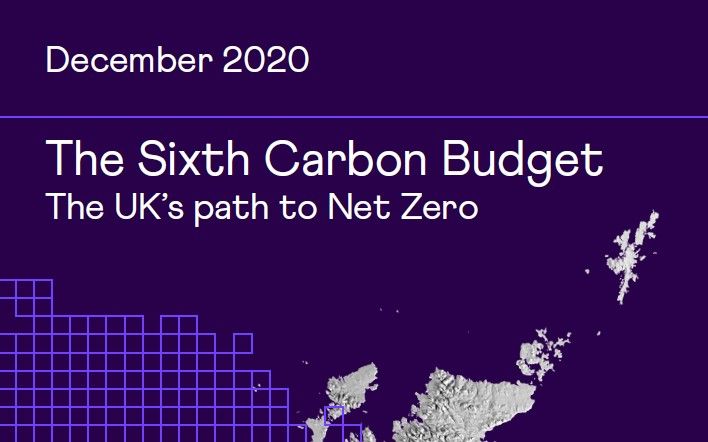
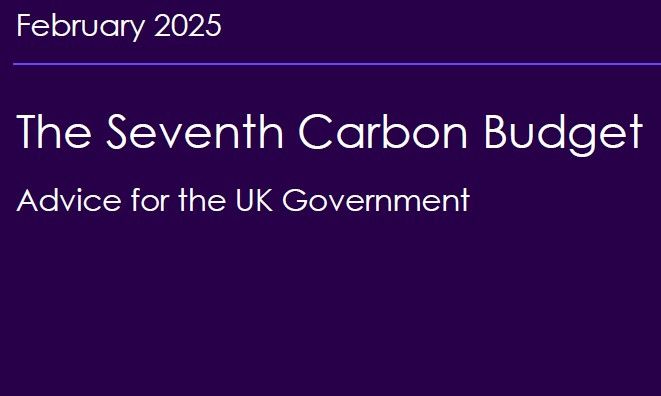
- the emphasis on UK "leadership" has almost gone ⬇️
- references to "justice/fairness" have plummeted by 85% ⬇️⬇️⬇️
- references to "households" have skyrocketed by 400% ⬆️⬆️⬆️
A short 🧵
12/

12/
There's lots more detail in this Briefing Note from the CAST Centre @cast-centre.bsky.social
11/
cast.ac.uk/resources/ca...
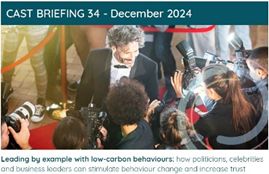
There's lots more detail in this Briefing Note from the CAST Centre @cast-centre.bsky.social
11/
cast.ac.uk/resources/ca...
8/

8/
✅ Expect scrutiny, and explain how your actions reduce emissions. Our research found that, despite initial cynical reactions, the public generally approves of low-carbon leading by example.
7/
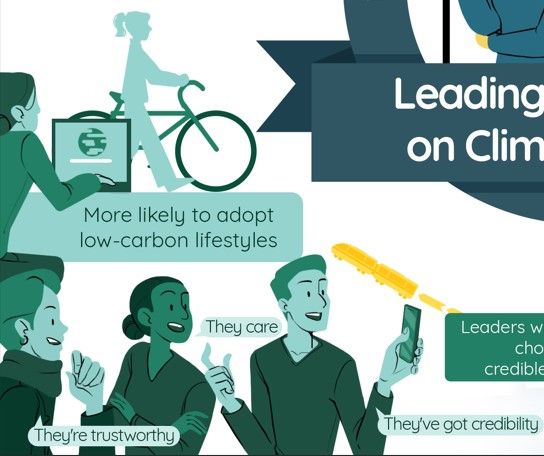
✅ Expect scrutiny, and explain how your actions reduce emissions. Our research found that, despite initial cynical reactions, the public generally approves of low-carbon leading by example.
7/
This helps to prevent a single low-carbon behaviour (e.g. eating less meat) from being dismissed as a token gesture that is undermined by other high-carbon behaviours (e.g.helicopter use)
6/

This helps to prevent a single low-carbon behaviour (e.g. eating less meat) from being dismissed as a token gesture that is undermined by other high-carbon behaviours (e.g.helicopter use)
6/
We suggest some DOs and DON'Ts for leaders:
5/

We suggest some DOs and DON'Ts for leaders:
5/
86% of the public agree that “Politicians, business leaders and celebrities should make lifestyle changes first”
4/

86% of the public agree that “Politicians, business leaders and celebrities should make lifestyle changes first”
4/
This means leader behaviour is likely to be a crucial part of public engagement in the energy transition.
3/

This means leader behaviour is likely to be a crucial part of public engagement in the energy transition.
3/
Important behaviours = ⬇️flying,⬇️meat, drive EV, ⬆️home energy efficiency, ⬆️public transport and active travel
2/
www.theccc.org.uk/publication/...


Important behaviours = ⬇️flying,⬇️meat, drive EV, ⬆️home energy efficiency, ⬆️public transport and active travel
2/
www.theccc.org.uk/publication/...
CCC says leading by example increases public buy-in and behaviour change @thecccuk.bsky.social
🚨So, we've made this new infographic showing how it works...
🧵
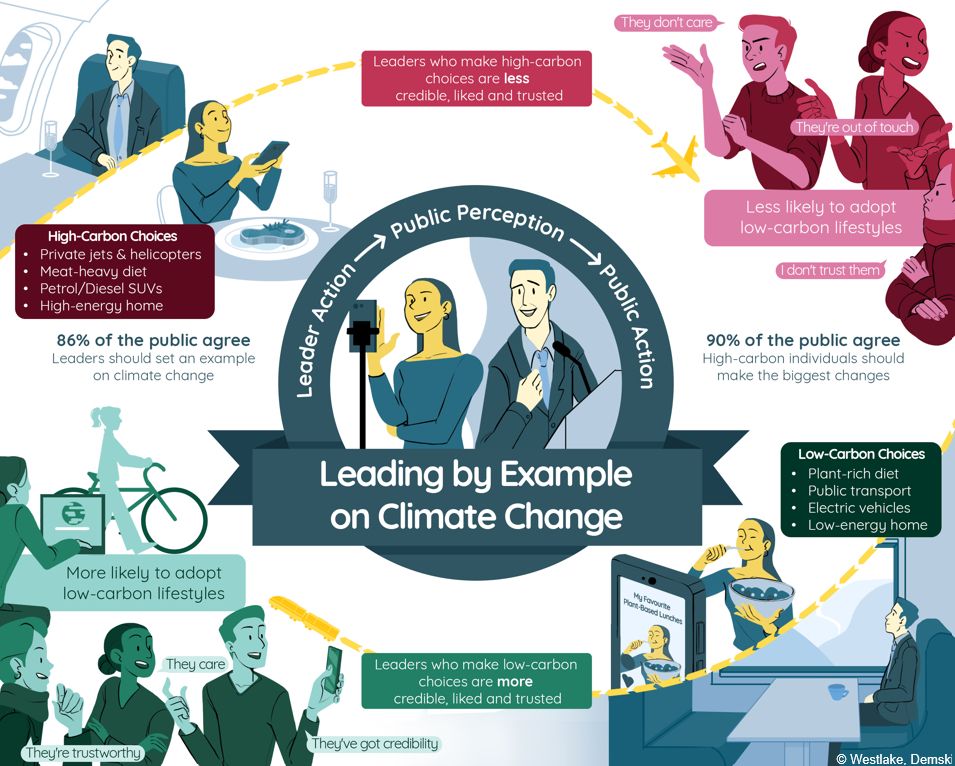
CCC says leading by example increases public buy-in and behaviour change @thecccuk.bsky.social
🚨So, we've made this new infographic showing how it works...
🧵

